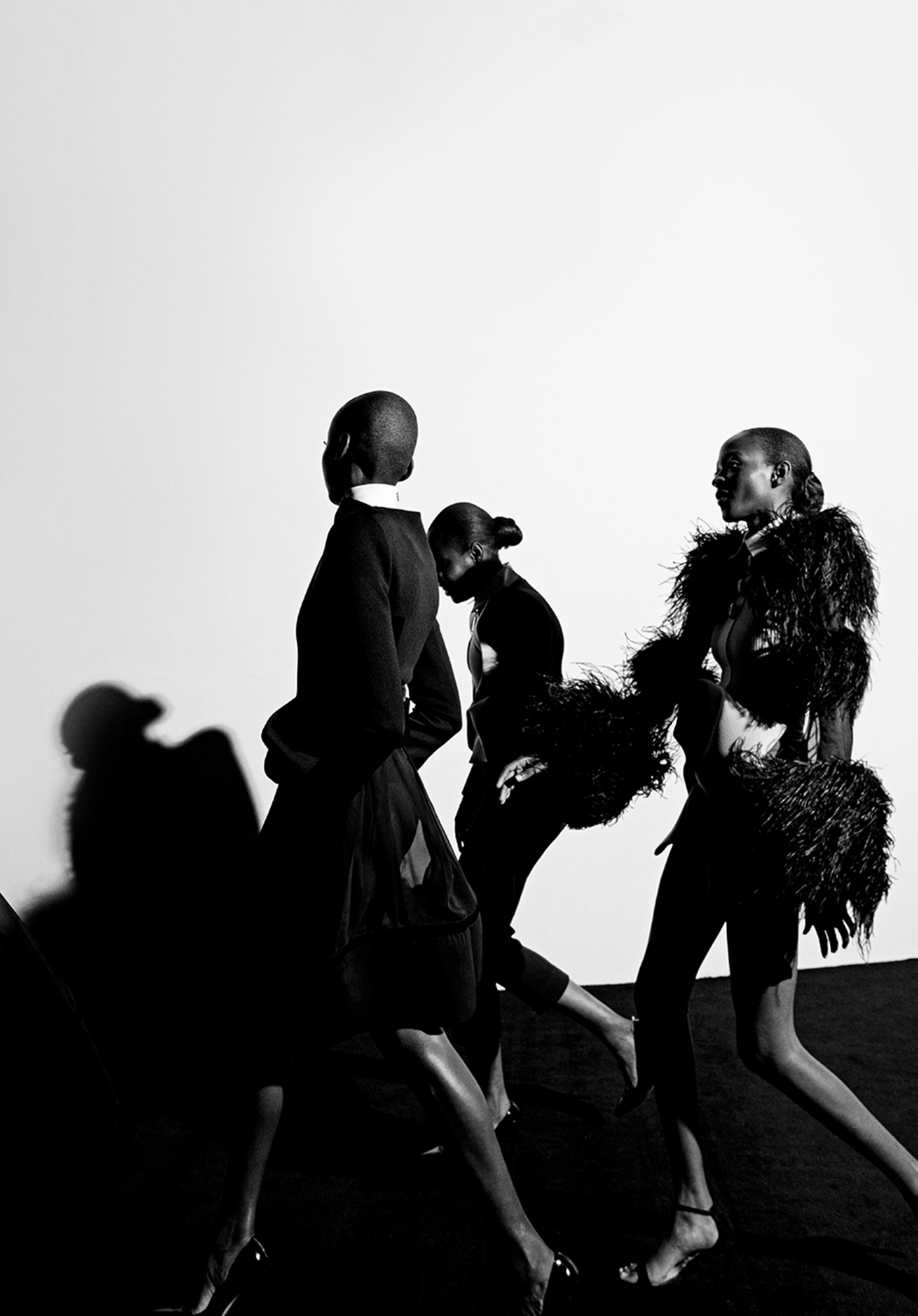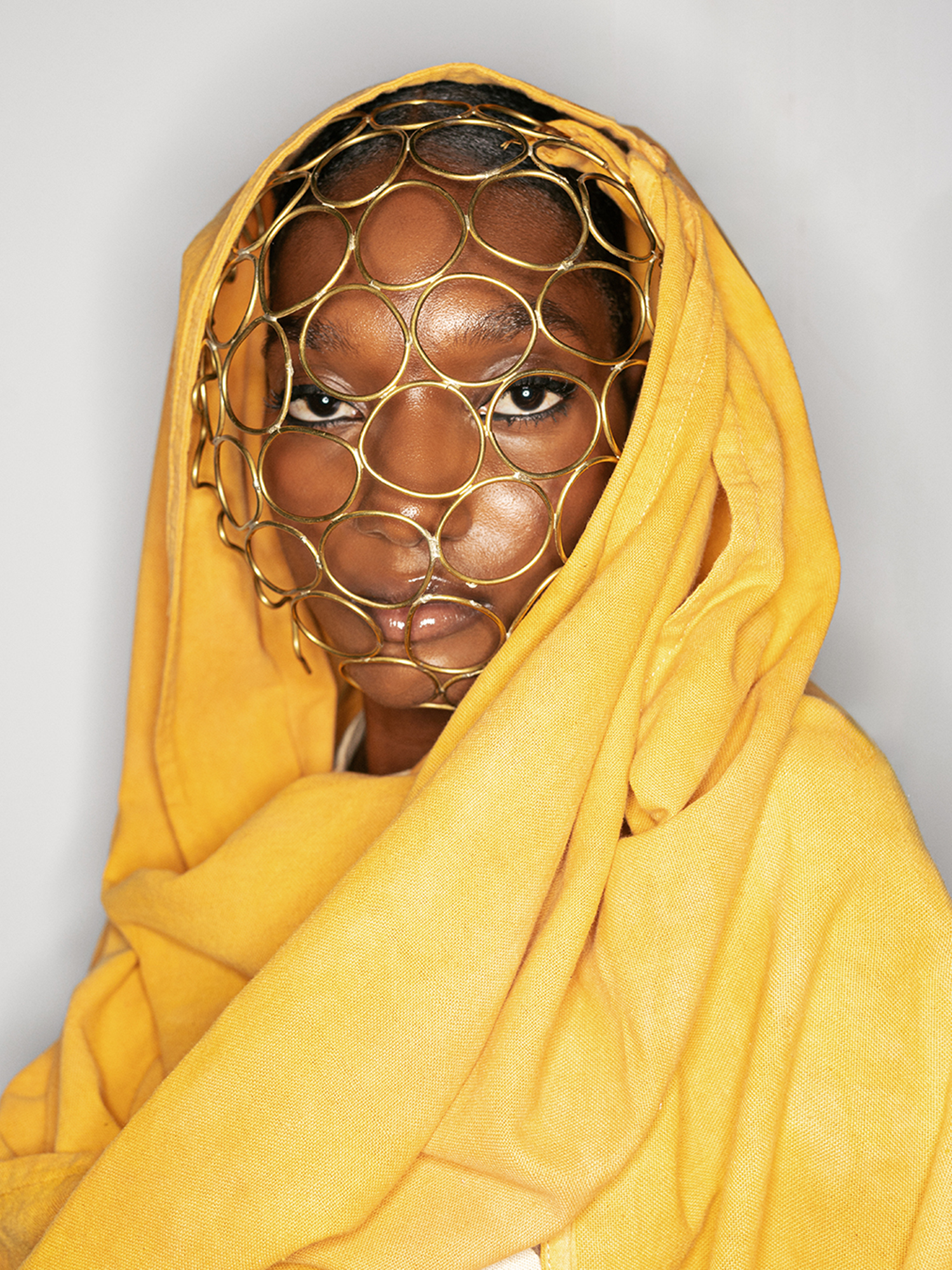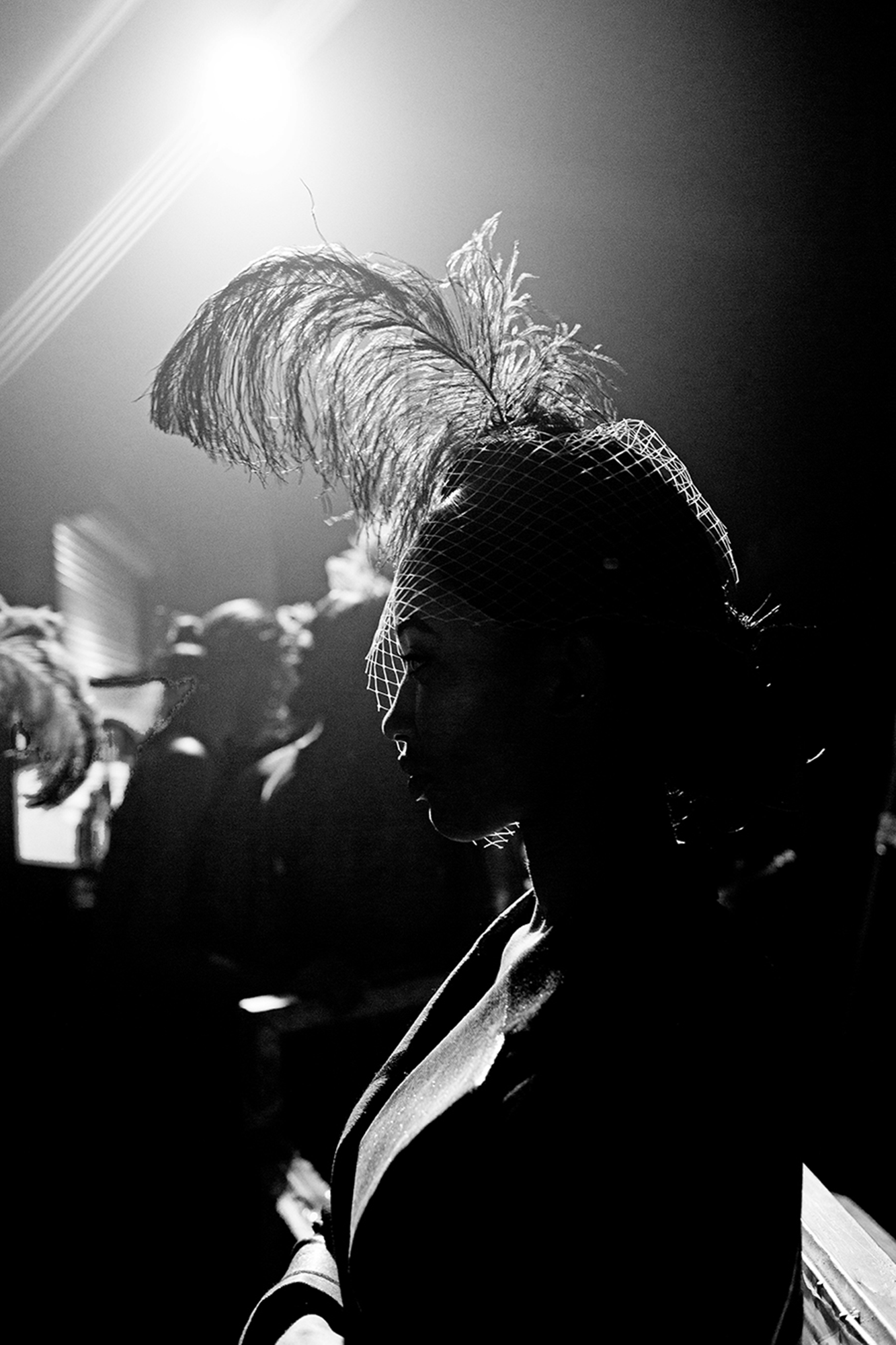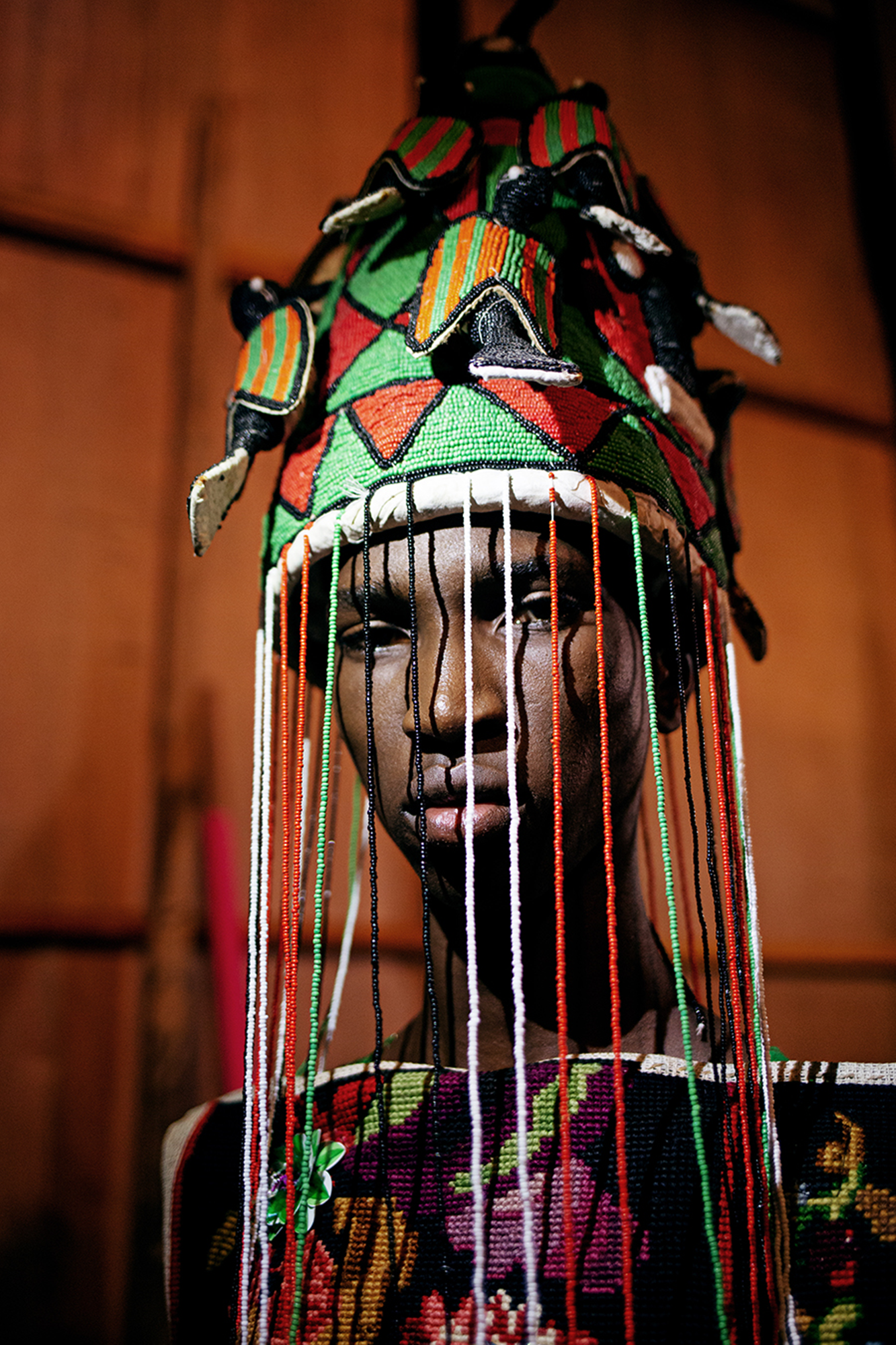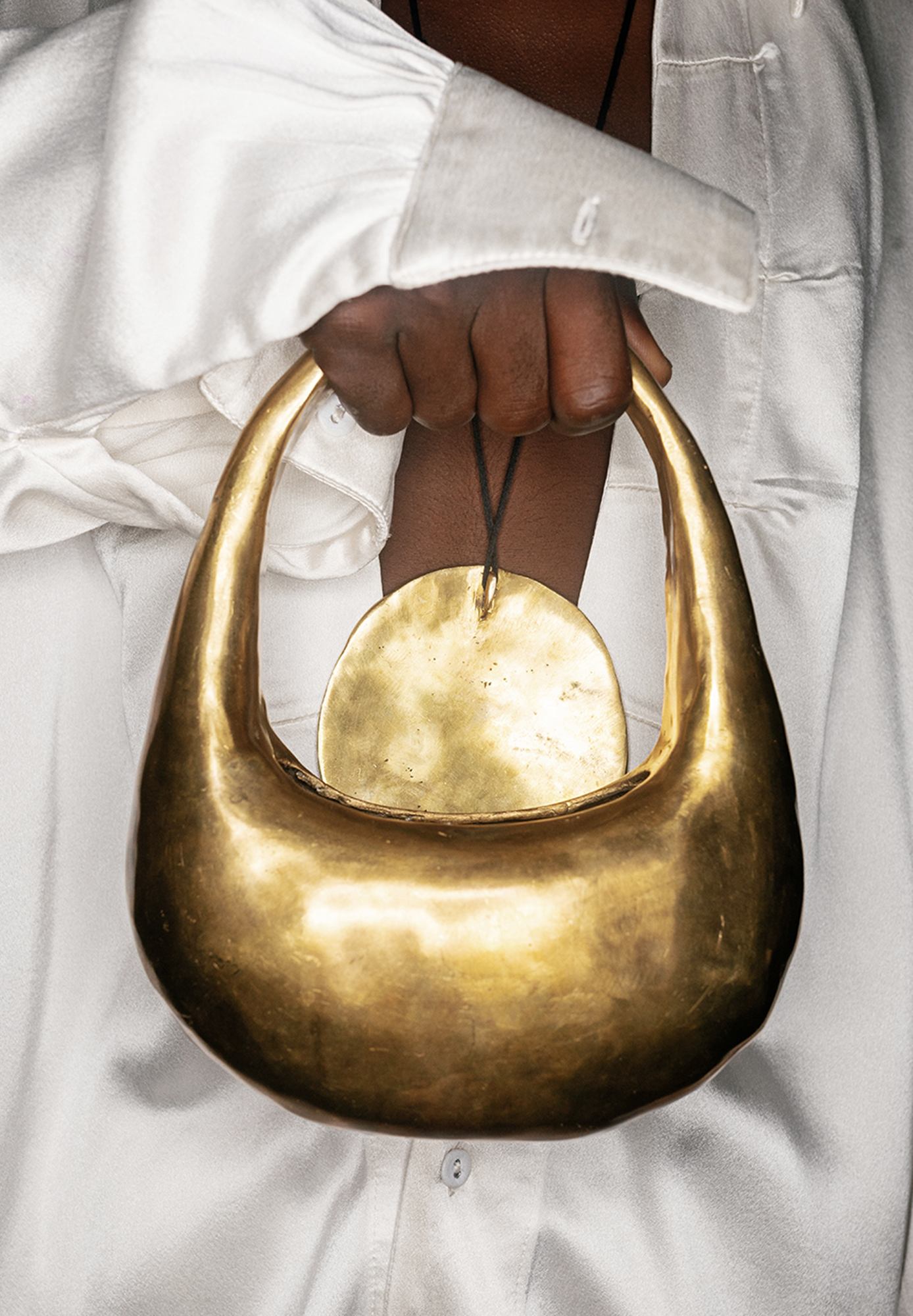Adebayo Jolaoso’s photobook tells the story of Lagos fashion through the unseen moments of its fashion weeks
With his debut photobook ‘Eclectic’, Nigerian photographer Adebayo Jolaoso reveals his intimate view of the evolution of fashion weeks in Lagos. Having become a backstage fixture over the past seven years, Jolaoso has used his empathic gaze to frame the city’s style ecosystem. While conventional documentation centres on the scene’s glamour and prestige, few have sought out the hard-working models, artists and creatives who have converted it into the behemoth industry that it is today. It is not in the spotlight but in the hectic dynamism of backstage that ‘Eclectic’ finds its place. Nataal sits down with Jolaoso to discuss the importance of documenting Nigerian stories.
‘Eclectic’ is the first photobook telling the behind-the-scenes story of this scene. How did the idea come to be?
By 2019, I had done Lagos Fashion Week and GT Bank Fashion Week, and there was this fire in me that wanted to keep capturing. I was there for the fashion but also for all of these people doing different things, all at once, to make the fashion happen. Then at Arise Fashion Week, it was just a bit more intense. There were more emotions, more moments, more people - a different perspective to fashion that needed to live beyond social media. At that time as well, I started falling in love with coffee table books, so the idea just came to shoot all of this from a much more intentional place and capture people as they really are. From there, the narrative just kept growing.
What gave you the confidence to tell this story authentically?
When I’m shooting, I’m seeing the good and the bad, and I know what that feels like because I consider myself as part of these people. Showing up year after year, they’ve trusted me to take great photos. And outside of fashion weeks, I work on set with many of them too so I have built healthy relationships.
“The most powerful moments happen outside the spotlight"
Adebayo Jolaoso
‘Eclectic’ is undeniably a fashion story, but it’s also a story of the hard graft that happens backstage. Why did you feel it was important to demystify the scene this way?
I want to show that fashion in Nigeria is something that we can invest our money, time and effort. It shows that there's a market here that has endless potential and can employ a lot of people. And it shows the phenomenal job these fashion weeks are doing in bringing young designers to the global stage. This isn’t a trend, it’s an industry that deserves attention.
What makes Lagos’ contribution to the larger African fashion story so special?
There’s a resilience that people have in Lagos. While there are a lot of problems - from floods to overpopulation to logistics and transport issues - people still show up. People still come correct - be it for work, be it for a party. And that spirit shows up at fashion week. The negative side is we always keep adapting to things we shouldn't adapt to. But the positive side is, the work will still get done.
We understand what it's like to say, “Okay, light went [the electricity went out] so you have to steam the garments before you head to set.” And we know what it's like to take Danfo [affordable yellow bus] to get there. It's not something we are proud of, but it's also part of our reality. So, that means there will be the person who scouted a model who lives Mushin - some of the roughest areas in Lagos - who then gets to walk the runway.
We’re seeing the continent’s fashion landscape become more and more documented. How do you see ‘Eclectic’ adding to this African archive, and what is it doing differently?
‘Eclectic’ is just a drop in the bucket. It's my own contribution to the fashion space and everyone who features in it is making their contribution too. Lots of love to all the models, make-up artists, designers, fashion houses and fashion platforms, because they are contributing their quota too. Beyond that, ‘Eclectic’ serves as a gateway for anyone who doesn't yet know about the Nigerian fashion space. While it's appreciating us, it's also bringing other people in. It's not just a narrative that is woven on social media by the foreign press. It is a story by us. It's as real as it gets.
It’s also a way to let people know that we're not just anyhow people. We know the work, we sabi this work. We’re good at what we're doing. Let’s see who we really are, and not just through this warped reality that people might create of us. Now we’re seeing Andrea Iyamah in Glass Onion and Deji & Kola and Orange Culture at the Met Gala. These are very important moments. We need to celebrate these things because we're an important part of the world.


